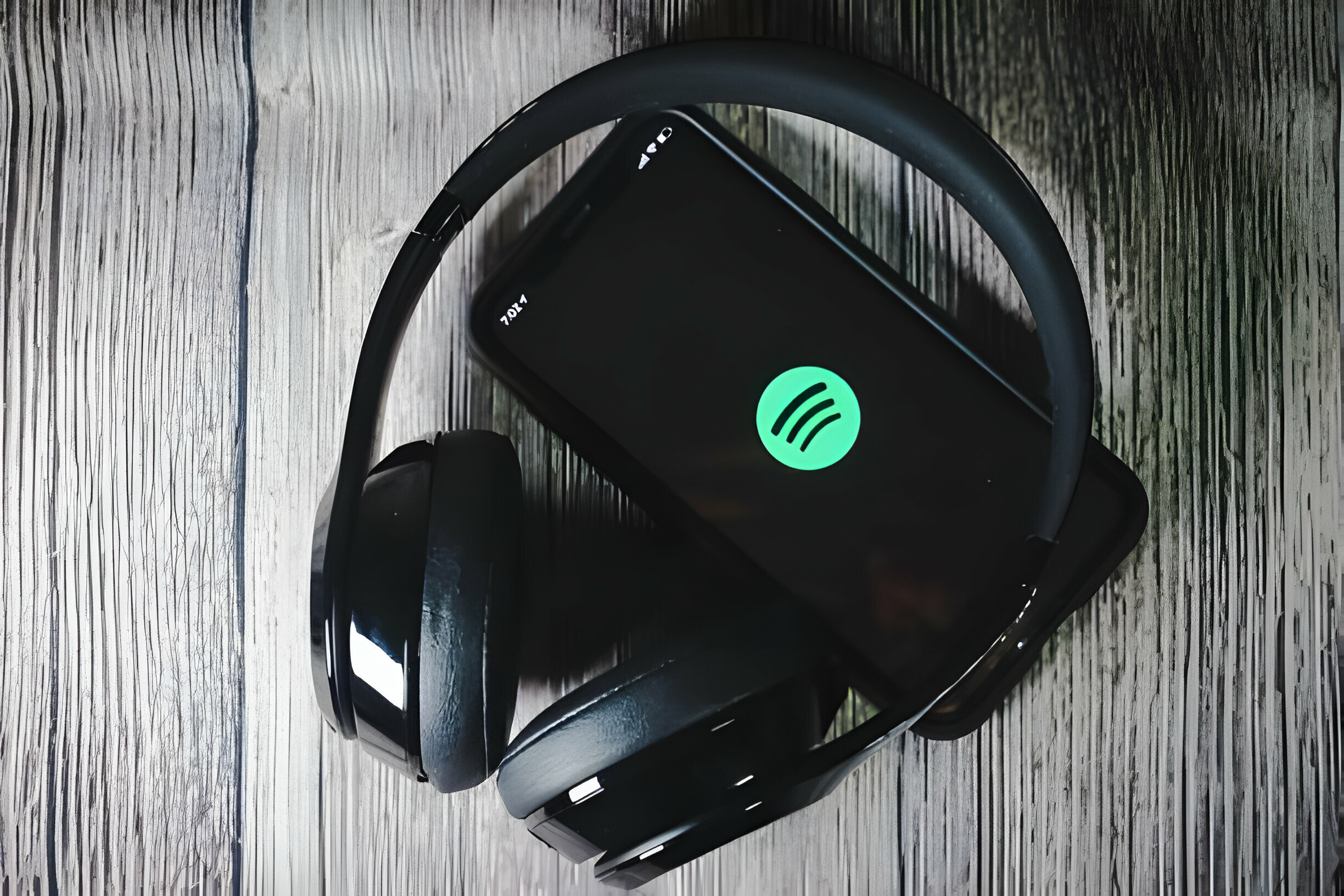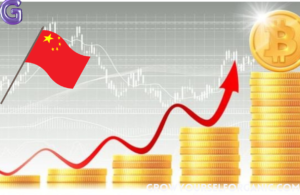Revealing the Awful Secrets of Bytedance's Dark Empire on Tiktok
Step into the shadows cast by Bytedance’s ominous empire on TikTok, where unsettling truths lurk behind the viral facade.
As you peel back the layers of secrecy shrouding this tech giant, a web of intrigue unfolds, raising pressing questions about the platform’s true intentions and the implications of its unchecked power.
Dive into the murky depths of Bytedance’s influence, where revelations of manipulation and control paint a chilling picture of the dark underbelly of social media.
Explore the unsettling realities that may reshape your perspective on the digital landscape and leave you pondering the implications of this hidden empire.
Key Takeaways
- Bytedance faces allegations of unauthorized data transfer, raising serious data privacy concerns.
- TikTok’s global success is overshadowed by accusations of data security breaches.
- Geopolitical challenges threaten TikTok’s operations due to Chinese ownership and data practices.
- The imperative of child safety online is compromised by TikTok’s history of privacy violations.
The Emergence of Bytedance
Bytedance’s founding in 2012 by Zhang Yiming in Beijing, China marked the beginning of a tech empire that would revolutionize the social media landscape.
As a Chinese company, Bytedance quickly gained recognition for its innovative approach to social media, introducing platforms like Douyin and Toutiao that captivated audiences with engaging content.
However, as Bytedance expanded globally, concerns arose regarding data privacy and security. These issues sparked debates about the company’s ties to the Chinese government and its potential impact on national security, especially with the rise of TikTok.
Despite these challenges, Bytedance’s rapid growth and success have solidified its position as a major player in the global tech industry, influencing how people interact with social media and consume content worldwide.
As a tech enthusiast interested in cutting-edge developments, you may find Bytedance’s journey from a Chinese startup to a global powerhouse in social media both fascinating and thought-provoking.
TikTok’s Rapid Global Expansion
During its rapid global expansion, TikTok, developed by ByteDance, captivated millions of users across diverse demographics with its innovative short-form video content.
By 2018, TikTok was already available in over 150 markets and 75 languages, showcasing its remarkable international growth. The app’s popularity soared in countries like the US, India, and Brazil, attracting users worldwide with its engaging content.
Despite its success, concerns over security and user data have emerged, particularly regarding its ties to the Chinese government and implications for national security.
While TikTok’s expansion has been impressive, questions surrounding the handling of personal information persist, raising debates about data privacy and potential risks associated with its Chinese ownership.
| Innovative Features | Global Reach |
|---|---|
| AI-driven content suggestions | Presence in 150+ markets |
| Creative filters and effects | Availability in 75 languages |
| Algorithm-based recommendations | Millions of diverse users |
| Interactive challenges | Popularity in US, India, Brazil |
| In-app editing tools | Rapid international growth |
Data Privacy Concerns on TikTok
As TikTok’s global user base expanded rapidly, concerns over data privacy violations and unauthorized data outsourcing to China have sparked international scrutiny and legal actions.
The United States, along with several other countries, has raised alarms about the potential risks associated with the Chinese Communist Party accessing user data through TikTok.
Over the last year, TikTok has faced mounting accusations of illicit data practices, with fears of user information being misused or shared without consent. Despite claims by TikTok’s CEO denying any wrongdoing, the platform continues to face scrutiny over its data protection measures.
The controversy surrounding TikTok’s data handling practices has intensified in recent years, leading to growing calls for more stringent regulations and oversight to safeguard user privacy.
As the debate unfolds, concerns persist about the implications of TikTok’s data practices on national security and individual privacy rights, shaping the future landscape of social media regulation.
Cybersecurity Threats and TikTok
Exposing potential cybersecurity threats on TikTok involves addressing allegations of data tracking, collection, and unauthorized access to sensitive user information.
As users engage with the platform, concerns about data privacy and security intensify due to the app’s intricate algorithms and expansive data gathering capabilities. Here are some key points to consider regarding cybersecurity threats on TikTok:
- Data Tracking: TikTok has faced scrutiny over its alleged practice of tracking user data, raising questions about the extent of information collected and how it’s utilized.
- Unauthorized Access: Worries persist regarding potential unauthorized access to user information, leading to fears of data breaches and misuse.
- National Security Implications: Reports suggest that TikTok’s data practices could jeopardize national security, emphasizing the need for stringent protective measures.
- Privacy Protection: The platform’s data collection abilities underscore the importance of prioritizing user privacy through enhanced security protocols and transparency measures.
Alleged Political Censorship on TikTok
Accusations of political censorship on TikTok have sparked widespread concern over the platform’s potential impact on free expression and democratic values.
Users have reported instances where content critical of the Chinese Communist Party was allegedly censored, raising questions about the platform’s commitment to open dialogue.
For example, a ban was imposed on a user for speaking out against the Chinese government’s treatment of the Uighur ethnic minority, highlighting concerns about silencing dissenting voices.
U.S. Senators have also expressed worries about TikTok’s potential political interference, particularly during sensitive times like the 2020 U.S. Presidential Election.
Discussions about introducing a bill to prevent federal employees from using TikTok due to political censorship worries have further fueled the debate.
As TikTok continues to play a role in shaping political discourse, it’s essential to address these allegations and ensure that the platform upholds democratic principles while fostering innovation and creativity.
Also read – How Marcus Samuel Built The Biggest Oil Company In The World!
TikTok’s Suspected Ties to China
TikTok’s potential connections to China raise significant concerns regarding data privacy and national security implications. These suspicions have sparked debates and calls for action. Here’s what you need to know:
- ByteDance Ownership: ByteDance, TikTok’s parent company, is a Chinese tech giant under scrutiny for its ties to China, fueling worries about data security and political influence.
- Data Sharing Allegations: There are allegations that TikTok might be sharing user data with the Chinese government, leading to concerns about potential surveillance and unauthorized access to personal information.
- Political Influence: Lawmakers in the U.S. have cautioned against TikTok’s susceptibility to influence from the Chinese Communist Party, citing risks of political censorship and interference.
- Global Scrutiny: India’s ban on TikTok in 2020 over data transmission concerns highlights the international scrutiny surrounding the app’s links to China, further intensifying the ongoing debate about TikTok’s allegiance and data practices.
Child Safety Risks on TikTok
Amidst the ongoing concerns surrounding TikTok’s ties to China and data privacy issues, child safety risks on the platform have come under intense scrutiny. In 2019, TikTok faced a $5.7 million fine for breaching children’s privacy laws by unlawfully gathering personal data from minors.
Worries persist over children accessing TikTok without parental consent, raising fears about their online safety and exposure to unsuitable content. Despite introducing a restricted mode for younger users, privacy watchdog groups remain apprehensive about the platform’s ability to ensure child safety.
TikTok’s track record of privacy violations and ongoing concerns about safeguarding children’s data cast doubt on its commitment to user safety.
Parents are strongly advised to exercise caution regarding their children’s TikTok usage, comprehend the associated risks, and ponder limiting or refraining from the platform altogether to prioritize their children’s safety in the digital realm.
It’s essential for guardians to stay vigilant and proactive in protecting their kids from potential online harm.
The Dark Side of Data Harvesting
Bytedance’s data harvesting practices on TikTok pose significant risks to user privacy and security. The dark side of data harvesting on TikTok involves the collection of extensive user data, including phone hardware details, app data, and network information.
- Unauthorized Data Transfer: Bytedance has faced allegations of unauthorized data harvesting and transfer to China, raising concerns about the handling of sensitive personal information.
- National Security Risks: U.S. lawmakers have warned about the national security risks associated with TikTok’s data gathering practices, highlighting potential access to sensitive data.
- Global Scrutiny: India’s ban on TikTok due to concerns about data transmission overseas reflects the global scrutiny surrounding the app’s data handling practices.
- Persistent Allegations: Despite CEO denials, allegations persist regarding TikTok’s data harvesting activities and the risks of sharing personal data with foreign entities.
The intricate web of data harvesting practices on TikTok underscores the importance of safeguarding user privacy and security in an era where digital innovation outpaces regulatory frameworks.
Legal Challenges Faced by TikTok
The legal challenges confronting TikTok have intensified due to ongoing allegations of data privacy violations and national security concerns. From a $5.7 million fine in 2019 for breaching children’s privacy laws to facing a class-action lawsuit in California for unauthorized data harvesting and transfer to China, TikTok’s legal battles are escalating.
India’s ban on TikTok over data transmission worries and U.S. lawmakers’ alerts about national security risks further compound the platform’s legal woes.
Despite the accusations, TikTok’s CEO has refuted claims of unauthorized data outsourcing to China, underscoring the company’s commitment to safeguarding user privacy.
As TikTok navigates these legal hurdles, the scrutiny surrounding its operations highlights the pressing need for transparency and adherence to data protection regulations.
In a rapidly evolving digital landscape, addressing these legal challenges is paramount to ensure TikTok’s credibility and trustworthiness among users and regulators alike.
The Future of TikTok’s Operations
The uncertainties surrounding the future of TikTok’s operations stem from ongoing national security concerns and questions about its Chinese ownership and data handling practices. As the landscape evolves, here are some key considerations shaping TikTok’s future:
- Regulatory Scrutiny: Calls for stricter regulations on social media platforms, fueled by TikTok’s success, are driving the need for enhanced oversight to safeguard user data and national security.
- Geopolitical Impact: Geopolitical tensions worldwide have begun to impact TikTok’s global operations, posing challenges that could influence its future trajectory and reach.
- Balancing Act: TikTok’s dual existence as a Chinese-owned app in the American market creates a delicate balance between Chinese and American interests, potentially shaping its future decisions and strategies.
- Geopolitical Landscape: The absence of TikTok in China due to government restrictions highlights the intricate geopolitical dynamics at play, underscoring the complexities that could impact the app’s future direction.
Frequently Asked Questions
What’s the Dark Side of Tiktok?
You know TikTok’s allure, but have you delved into its shadows?
Beneath the surface lie concerns of data privacy breaches, national security risks, and potential political influence, stirring calls for tighter regulations.
As debates rage on, the future of TikTok in the U.S. remains uncertain.
Keep exploring, for the truth behind the screen may surprise you with its complexities and implications.
What Is the Secret Behind Tiktok?
The secret behind TikTok lies in its rapid development by a Chinese team in just 200 days, showcasing impressive innovation.
The app’s code was reverse-engineered by a Reddit user, revealing potential vulnerabilities.
Despite concerns about data privacy and ties to the Chinese government, TikTok’s parent company, ByteDance, saw massive success, earning $3 billion in profit in 2019.
Users often overlook these risks, freely sharing personal information without considering the consequences.
Why Did Tiktok Take Over?
TikTok took over due to its captivating features that resonated with a diverse audience. Its user-friendly interface and algorithm-driven content recommendations propelled its popularity.
By reshaping American culture and inspiring viral trends, TikTok gained widespread adoption and attracted billions in advertising. Despite concerns about Chinese ownership, TikTok’s success surpassed Facebook’s user growth.
The platform’s influence on music and viral challenges solidified its position as a cultural powerhouse.
What Is Tiktok History?
TikTok’s history is rooted in rapid development by a Chinese team in just 200 days. The app’s success led to a significant profit of $3 billion for its parent company, ByteDance, in 2019.
TikTok’s normalization of users sharing personal information has raised concerns about data privacy. Despite these issues, there’s a lack of privacy and security expectations among users, highlighting risks associated with the platform.
Conclusion
As you navigate through the treacherous waters of Bytedance’s influence on TikTok, it becomes clear that their dark empire is like a tangled web, ensnaring users in a web of data privacy concerns, cybersecurity threats, and political manipulation.
With mounting suspicions and legal challenges, the future of TikTok’s operations hangs in the balance, casting a shadow of uncertainty over its global reach.
It’s time to tread carefully and question the true intentions behind this tech giant’s grip on the digital world.
Share this content:













Post Comment